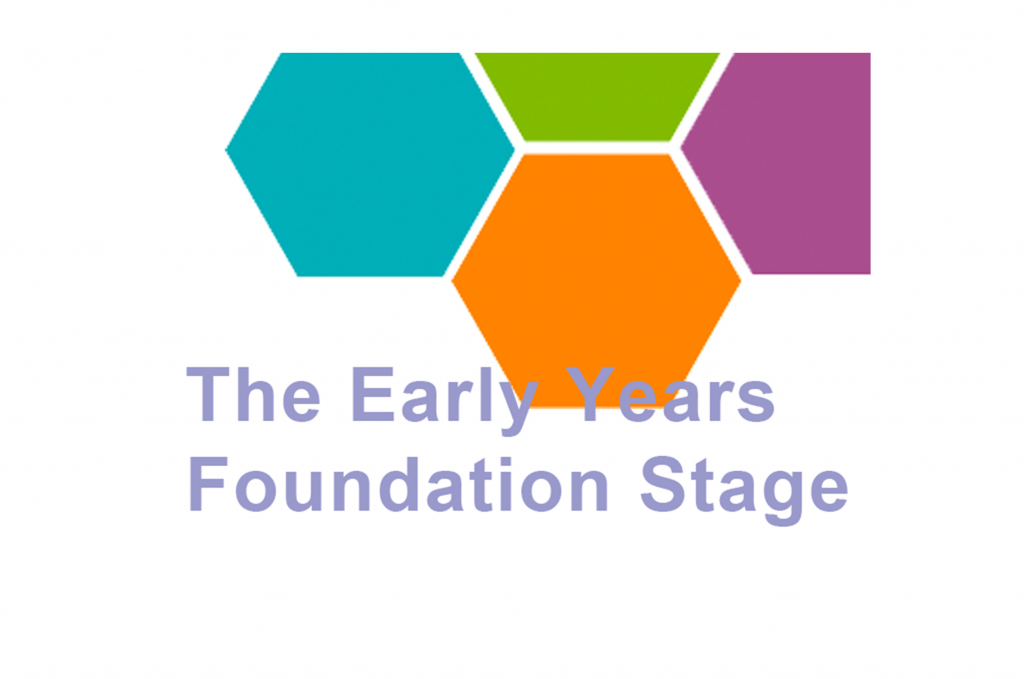The demand for a skilful workforce was a recommendation made to improve the EYFS, this would help Early Years settings reach their fullest potential with regards to qualifications and training. Tickell stated in the report that she “recommends that the government retains a focus on the need to upskill the workforce, to commit to promoting a minimum level three qualification and to maintain the ambitions for a graduate-led sector” (Tickell, 2011) This recommendation was not introduced and The Statutory Framework for the EYFS (DfE, 2012) states that the manager of the setting and one practitioner from each age bracketed room should hold a full and relevant level three qualification and 50% of other staff should hold a minimum level two qualification. In the more recent 2014 EYFS this has remained the same. Cathy Nutbrown supported Tickell’s recommendations in a report published in 2012, emphasising the need for “Early years teachers who lead and are supported by, an effective team of early years practitioners, qualified at a minimum of level three” (Nutbrown, 2012) Both reports suggest that by increasing qualifications and training in Early Years setting, it will have a positive impact on the learning and development of the children.
This is apparent in the “Reggio Emilia” approach to learning, in which staff are encouraged to gain high levels of qualifications. Until 1998 preschool and elementary school staff needed the minimum qualifications to care and provide learning for the children, but due to recent legislation practitioners working with children aged three years and older are now required to be qualified to degree level; although this does not yet apply for those working in infant-toddler centres (Early Education Support, 2006).
Higher qualifications are an important influence in a leadership role within the Early Years settings, and in 2007 the Labour government announced the aim of ensuring that there should be an Early Years Professional (EYP), which has recently been replaced with, Early Years Teacher (EYT) in every children’s centre by 2010 and in every nursery setting by 2015 (Nutbrown, 2011). Early Years Teachers will lead in delivering the EYFS, supporting and mentoring a team of Early Years practitioners and modelling the highest standard of practice in safeguarding and supporting the children prior to school education. Research has shown the influence that a highly qualified and knowledgeable leader has on the learning and development of children in the first five crucial years of life. Reports into the death of Victoria Climbié reveal criticism in the expertise of leaders and managers, causing the Every Child Matters agenda and the Children Act 2004 to develop an expectation of higher skills and knowledge from management in all services for young people (Parker-Rees et al, 2010). This has recently led to higher training being offered to those in the childcare sector including the Early Years Teacher Status (EYTS), yet the target to place a graduate in every childcare setting by 2015 is not likely to be met.

